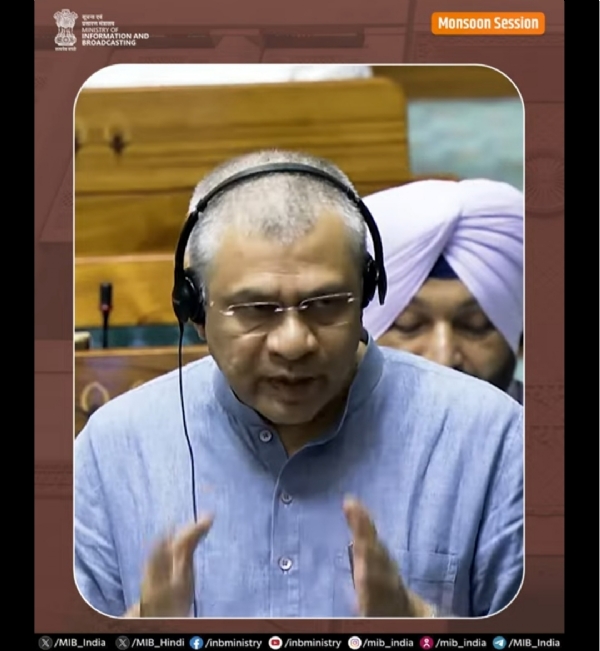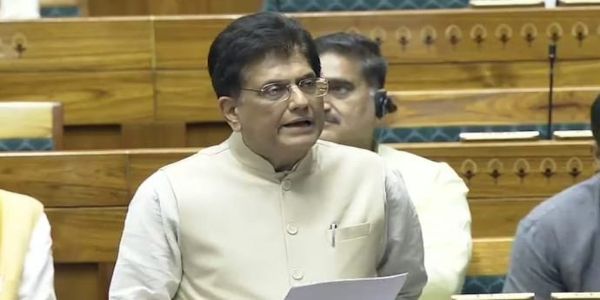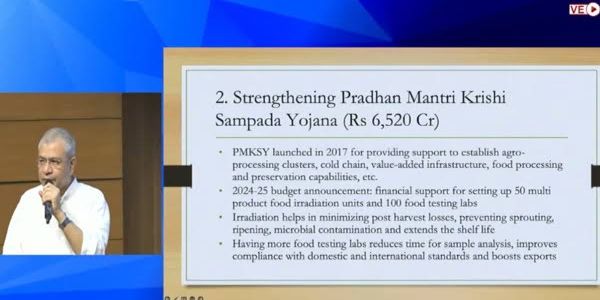
Delhi, 30 July (H.S.): The government has a sovereign responsibility to combat fake news and misinformation through various legal provisions. Print media, under the Press Council of India (PCI), must follow the “Norms of Journalistic Conduct,” which discourage the dissemination of misleading information. Violations can result in warnings or censure by the PCI. Television channels must comply with the Programme Code established by the Cable Television Networks (Regulation) Act, 1995, which prohibits broadcasting content that is obscene, defamatory, or false. A grievance redressal mechanism established in 2021 addresses complaints regarding violations of this Code.
Digital media publishers are governed by the Information Technology (Intermediary Guidelines and Digital Media Ethics Code) Rules, 2021, which outline a Code of Ethics. The Fact Check Unit (FCU), created in November 2019, verifies claims related to the Central Government and disseminates accurate information via social media. Section 69A of the Information Act 2000 empowers the government to block access to specific websites and social media posts to protect national sovereignty, security, and public order.
The government has implemented the IT Rules, 2021, which also provide a Code of Ethics for digital news and OTT platform content. OTT platforms must not transmit prohibited content, classify content by age, and implement safeguards for children. Compliance is mandated, with the government issuing advisories to these platforms to adhere to Indian laws. Consequently, 43 OTT platforms have been blocked after consultations with relevant ministries. This information was disclosed by Union Minister of Information and Broadcasting Ashwini Vaishnaw in the Lok Sabha.
---------------
Hindusthan Samachar / Jun Sarkar








